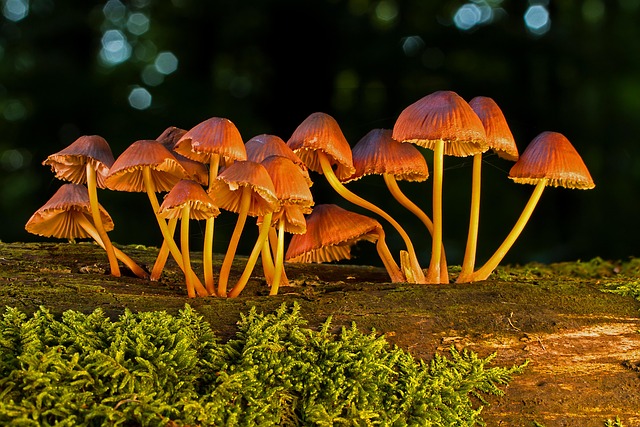
Psilocybin mushrooms, also called “magic mushrooms,” have sparked intense debate and curiosity for decades. These naturally occurring fungi have been part of spiritual rituals, scientific studies, and even wellness conversations. Still, a cloud of confusion hangs over them, driven by misinformation and outdated narratives. Whether you’ve heard wild stories or seen sensational headlines, separating fact from fiction is crucial—especially for those interested in learning more or exploring responsibly.
In this article, we’ll debunk the top myths that continue to mislead the public about psilocybin mushrooms. Understanding the truth can shift how we approach discussions around safety, legality, and potential benefits.
Psilocybin Mushrooms Cause Brain Damage
One of the longest-standing misconceptions is that psilocybin “fries your brain.” This idea likely stems from confusion with far more toxic substances like methamphetamines. However, numerous brain imaging studies have shown that psilocybin doesn’t destroy neurons. Instead, it temporarily changes the way regions of the brain communicate with each other. These changes are not only reversible but sometimes even associated with positive therapeutic effects, especially in clinical settings. There’s no scientific basis for the belief that these mushrooms harm the brain.

They Lead to Permanent Psychosis
While it’s true that psilocybin can induce intense psychological experiences, the suggestion that one trip can permanently destabilize a person is misleading. Long-term psychosis as a result of psilocybin use is exceedingly rare, particularly in healthy individuals without a personal or family history of severe mental illness. Most users return to baseline mental functioning within hours of the experience. Clinical trials that involve thousands of participants have shown no strong link between psilocybin and long-term psychiatric disorders.
All Magic Mushrooms Have the Same Potency
This is one of the more dangerous myths. Psilocybin mushrooms include over 180 species, and the amount of active compound in each can vary widely. Even within the same species, factors like growth conditions, age, and how the mushrooms are stored can significantly affect potency. For example, a gram of one species might have a very mild effect, while the same amount from another could be overwhelming. Without accurate measurement, dosing becomes unpredictable. That’s why many people prefer standardized forms such as capsules in clinical trials.
You Can’t Have a Bad Trip If You’re in a Good Mood
Mindset and environment play a major role in shaping a psilocybin experience, but they aren’t foolproof. A person in a calm and happy state can still encounter distressing visions, confusion, or anxiety, especially at higher doses. While positive surroundings reduce the chance of a bad trip, they don’t eliminate the possibility. A guided or supported experience can help manage discomfort, but it’s never a guarantee of smooth sailing. Psychedelics are unpredictable by nature, and preparation is key to minimizing risks.

Psilocybin Is Addictive
Addiction is typically associated with substances that trigger the brain’s dopamine reward system. Psilocybin doesn’t function in the same way. It primarily affects serotonin receptors, which are involved in mood and perception. Moreover, it builds tolerance quickly, making frequent use ineffective. Most people who use psilocybin do so infrequently, and cravings or compulsive use are very rare. That said, any substance can be misused under the wrong circumstances. While psilocybin is not considered addictive physically, psychological habits can still form without careful use.
Final Thoughts
Misinformation around psilocybin mushrooms has slowed meaningful dialogue for decades. While these mushrooms should never be taken lightly, neither should they be dismissed based on myths. Separating exaggeration from evidence allows for a more informed approach to their use—whether for therapeutic, spiritual, or personal reasons. As interest in psilocybin continues to grow, focusing on reliable facts becomes not just helpful but essential. By clearing up common misunderstandings, we can move the conversation beyond fear and fantasy—and toward thoughtful, evidence-based exploration.